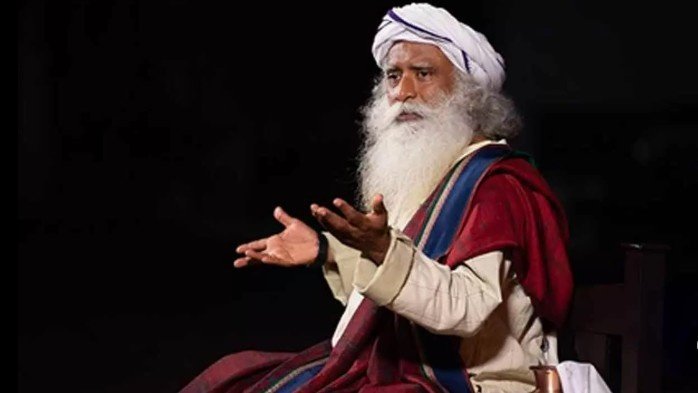Delhi High Court Pulls Up Google Over Fake Ads Featuring Sadhguru
In a significant step toward curbing digital misinformation, the Delhi High Court has ordered Google to employ its technological capabilities to detect and remove fake advertisements featuring Sadhguru, including AI-generated deepfake content falsely showing his arrest. The directive comes amid rising concerns over the spread of deceptive promotional material misusing the spiritual leader’s image and reputation on Google’s video-sharing platform, YouTube.
The court’s stern observation came after Sadhguru and the Isha Foundation drew attention to Google’s failure to effectively prevent the repeated misuse of Sadhguru’s name, image, and videos. These misleading ads, many of which depicted fabricated arrest scenarios or promoted fraudulent investment schemes, had triggered confusion and alarm among the public, leading thousands of individuals to reach out to the Foundation for verification.
Court Directs Google to Use Its Own Technology
A single-judge bench led by Justice Manmeet Pritam Singh Arora emphasized that advertisements showing fake arrests or misleading narratives about Sadhguru must be immediately stopped. The Court instructed Google to leverage its own technological infrastructure to combat such deepfake and scam-based ads.
The judge further ordered Google to file an affidavit explaining any technical limitations or policy constraints preventing it from removing or flagging such content proactively. Additionally, the Court directed Google and Isha Foundation to collaborate and formulate a mechanism ensuring that Isha Foundation need not repeatedly request content removal for each fake advertisement or video.
The Court highlighted that Google already has policies against clickbait ads exploiting negative life events such as death, illness, or arrest, but it appeared those policies were not being implemented effectively. Justice Arora stressed that Google is obligated under the Information Technology (Intermediary Guidelines and Digital Media Ethics Code) Rules to deploy automated tools or similar mechanisms that proactively detect and remove information identical or similar to previously removed infringing content.
Earlier Protection for Sadhguru’s Personality Rights
This development follows the Delhi High Court’s earlier order dated 30 May 2025, in which it recognized and protected Sadhguru’s personality rights. The Court had then directed Google to suspend, disable, and take down all infringing channels and content that misused his name, likeness, or voice for deceptive or commercial purposes.
Despite this earlier directive, the Isha Foundation reported a surge in misleading and fake advertisements across YouTube in recent months. Many of these ads used AI-generated images and voice clones of Sadhguru, falsely depicting him endorsing investment products, cryptocurrency platforms, or even showing him under arrest. These deceptive campaigns were designed to lure unsuspecting viewers into fraudulent schemes that harvested personal and financial data.
Beware of Fake Advertisements and Scams Using @SadhguruJV's Name and Image. Please report these ads as “Scam” if they appear on your feed.
Fraudulent content including fake AI-generated videos, morphed images, and misleading financial investment advertisements have been… pic.twitter.com/m1jolbqkXu
— Isha Foundation (@ishafoundation) June 16, 2025
Deepfake Ads and Public Misinformation
The Isha Foundation informed the court that such deepfake advertisements had caused widespread misinformation, leading to a flood of inquiries and concern among followers and volunteers. These misleading campaigns not only damaged Sadhguru’s public image but also undermined public trust in digital media platforms.
The Foundation warned that such orchestrated misinformation operations could seriously endanger digital discourse, especially when AI-generated content is used to fabricate events like arrests or endorsements. The deepfake problem, it added, was not limited to Sadhguru but represented a broader challenge to online authenticity.
Isha Foundation’s Continued Vigilance
The Isha Foundation reaffirmed its commitment to protecting the public from these fraudulent online activities. It continues to monitor, report, and take down fake content while collaborating with relevant authorities to ensure accountability from digital intermediaries.
The Foundation also urged members of the public to remain vigilant and to report fake or misleading advertisements on YouTube by marking them as “Scam” or “Misleading.” It further advised users to verify any sensational claims through official Isha Foundation channels before sharing or engaging with such content online.
As the Delhi High Court’s directions take effect, the case is likely to become a benchmark in India’s ongoing battle against AI-driven misinformation, emphasizing the responsibility of tech giants like Google to uphold integrity and transparency in the digital ecosystem.








